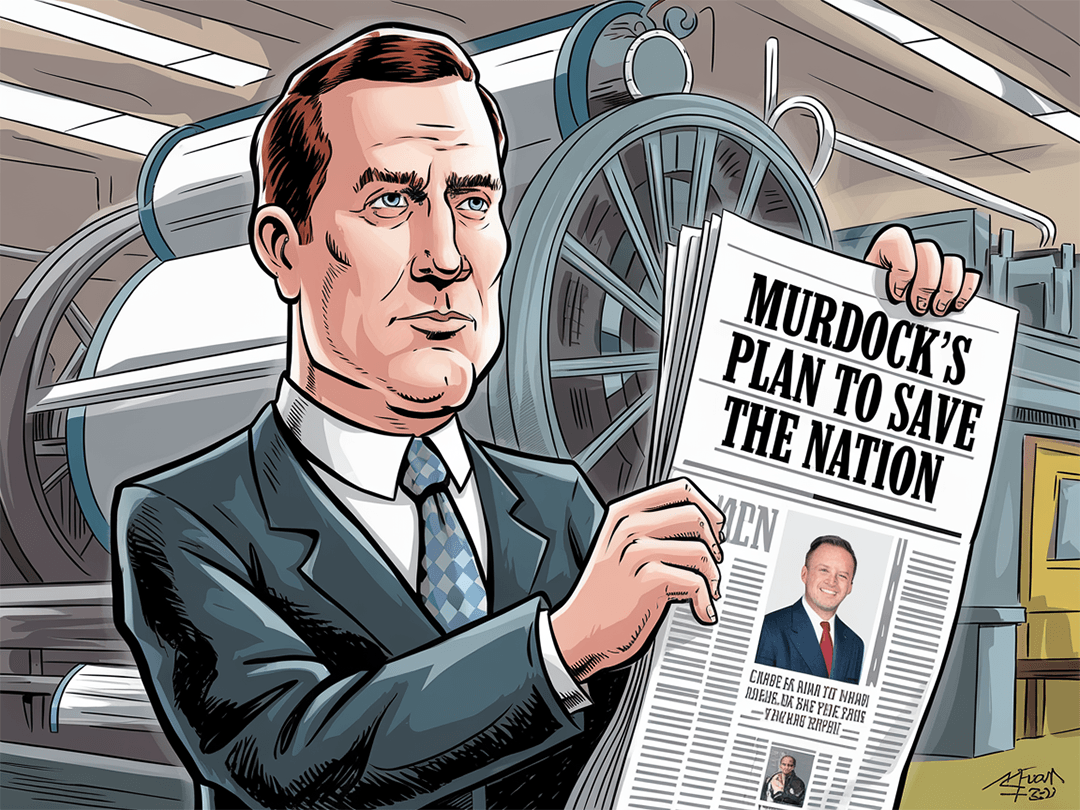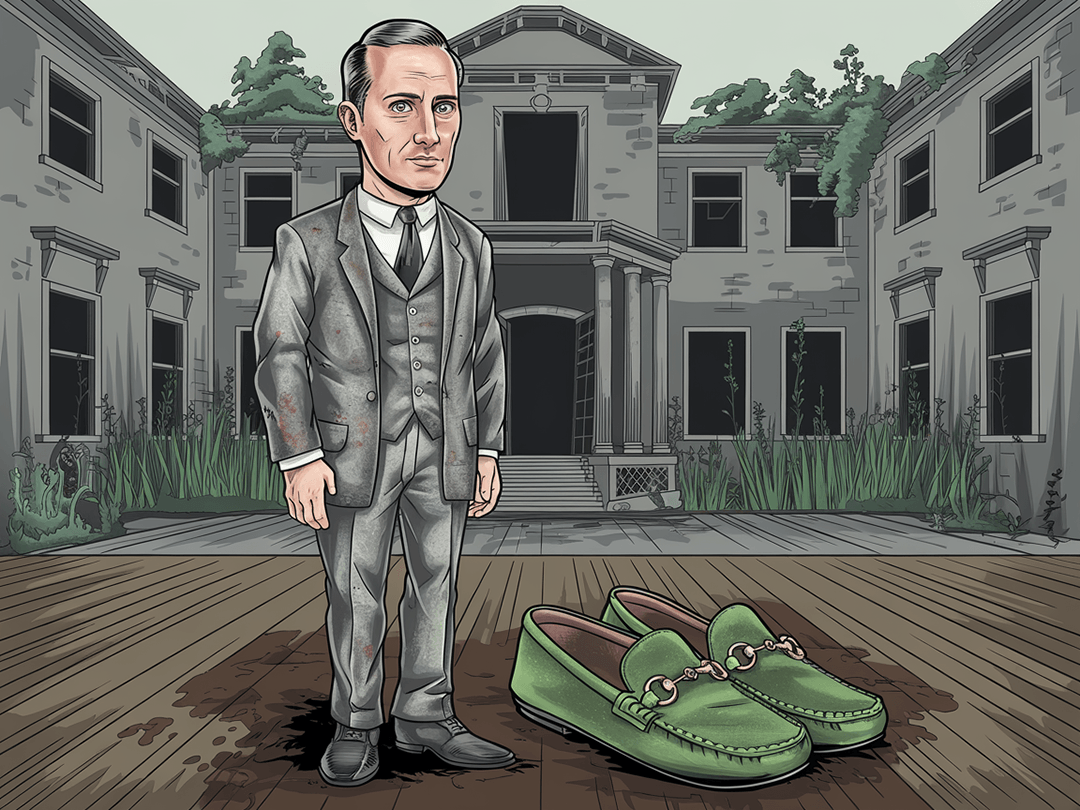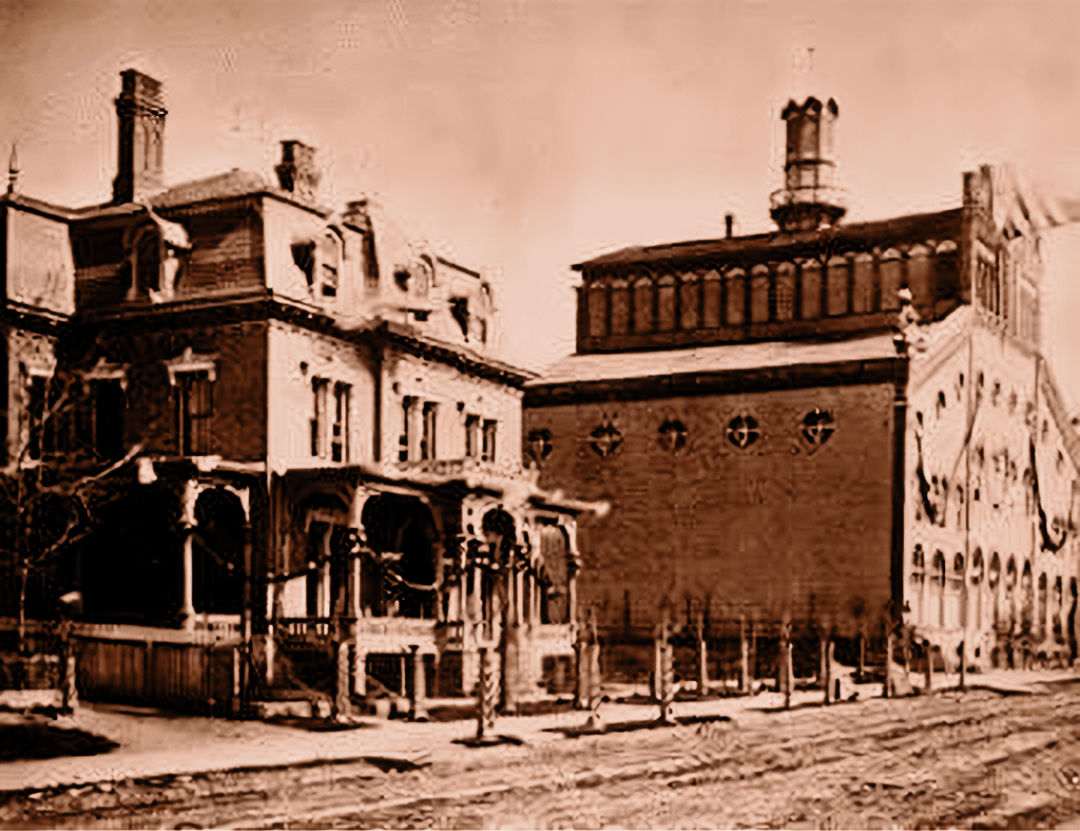When Loyalty Blinds You: How to Stop Your Strengths from Sinking the Ship
Family businesses thrive on trust, tradition, and togetherness. But when those virtues go unexamined, they become liabilities.
A strong family business has heart. It has history. It has pride. But pride can harden. History can trap. And heart, if it isn’t guided, can overrule judgment. This post explores how some of the world’s most iconic family firms stumbled—not because they lacked ambition, but because they failed to see that what made them strong could also bring them down.
1. Succession Becomes a Game of Thrones
Rupert Murdoch built an empire. But by holding on too long, he left a vacuum.
No clarity = no peace.
If you don’t decide who leads next, someone else, or chaos, will.

Rupert held on too long.
His kids were left circling like sharks.
No clear path. Just ambiguity and infighting.
Lesson? If you’re not clear on who’s next, chaos takes over.

2. Family Feuds Become Front-Page Fodder
Gucci wasn’t undone by competition. It was torn apart from within.
Grudges cost more than lawyers. They cost brands, trust, and legacies.

3. Loyalty Blocks Logic
Reliance in India saw blood ties override business sense.
Split assets couldn’t undo the years of courtroom drama.
Affection doesn’t replace alignment.

4. Pressure Breaks the Heir
King Charles waited decades. By the time the crown came, the world had moved on.
Succession without preparation isn’t a gift. It’s a trap.

5. Tradition Replaces Innovation
Schwinn Bicycles stayed loyal to the past.
They forgot the future was coming anyway.
The world changed, but they didn’t—and the world moved on.

6. Elders Rule, Strategy Suffers
Samsung’s respect culture clashed with speed-of-light business shifts.
When the rules of family conflict with the rules of markets, someone has to blink.

7. Outsiders Stay Outside
The Stroh family brewed their way into decline by keeping it “in the family.”
No outside input = no evolution.
Here’s the kicker: family businesses work when you keep family and business separate.

Who Gets It Right?
Ferrero. Yes, the Nutella people.
When the founder died, his widow handed the reins to their son—calmly, clearly, and cleanly.
Why? Because legacy was a goal, not a burden.
Governance mattered as much as chocolate.
Frequently Asked Questions
Q: Can a family business stay personal and still bring in outsiders?
Yes. Healthy separation is not abandonment—it’s evolution. Trusted advisors can expand your field of vision.
Q: What’s the biggest succession mistake?
Waiting too long. Hoping someone “steps up” without clarity, mentoring, or a plan.
Q: What if I’m worried about hurting feelings?
Leadership means sometimes making uncomfortable choices—for the sake of everyone involved.
Q: Does tradition still matter in modern business?
Absolutely. But tradition needs to be living, not fossilised. Let it evolve.
Q: How do I avoid internal power struggles?
Clear governance, outside mediation, and honest conversations early and often.
Audit your strengths before they become your blind spots.
Take 15 minutes this week to reflect on which of the seven traps might apply to your business.
Then review the FAQ section with your leadership team—or your family.
It might just stop the next big problem before it starts.
Stephen Bray works with business owners who’ve had enough of the noise. Less spin, more truth. You’ll find him behind the mirror here.
© 2025 Stephen Bray. Patterns in life and business, simply told.